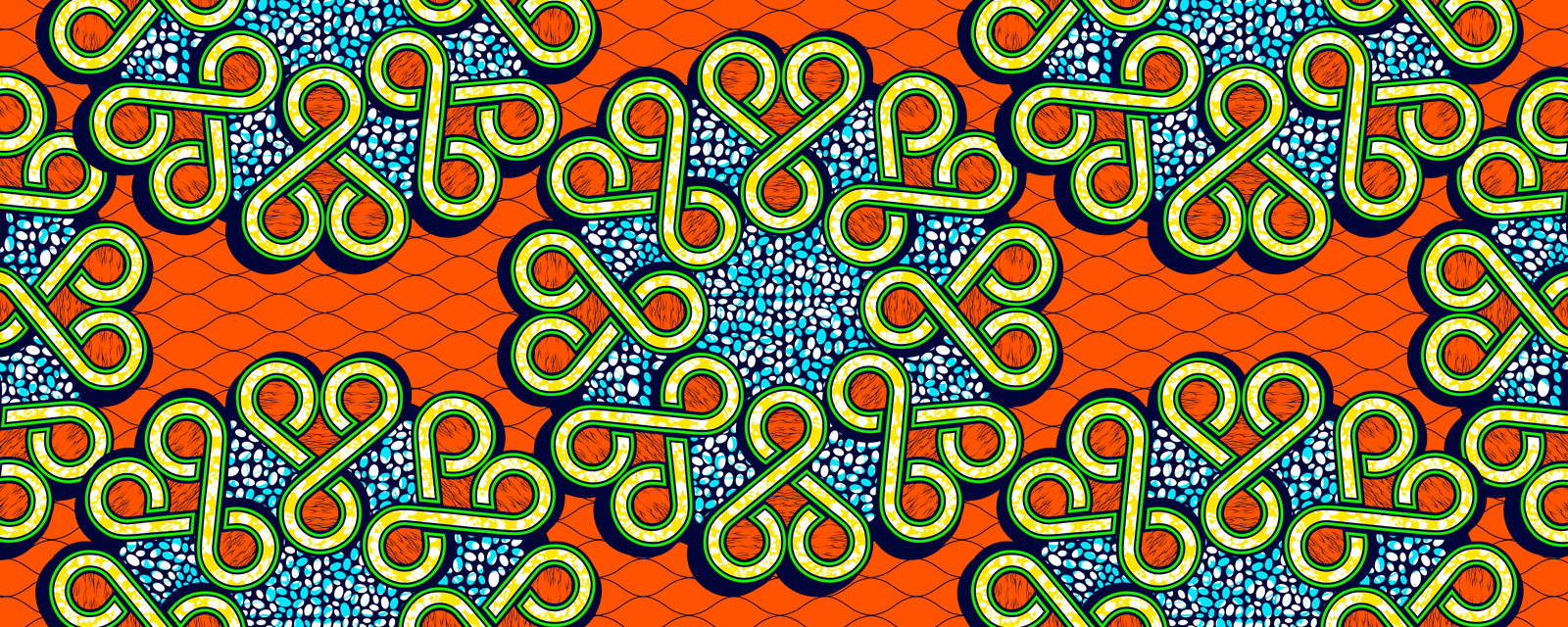One variety of praise poetry common across Africa are praises for one’s own clan. The Shumba Murambwi praise poem celebrates the ancestors and lineage of a Shona clan from Zimbabwe. Whilst recorded by Hodza in 1985, many of the allusions to events, personages and places within this poem are provided by Alec Pongweni from his fascinating book The Oral Traditions of the Shona People of Zimbabwe.
To understand the poem some of the history of the clan must be described. At some point estimated to be in the late 18th century, an early ancestor of the clan named Chikanga is murdered on his way home after trying to settle a dispute with the Warozi, a neighbouring ruling family. One of Chikanga’s sons, Muchinadzo, flees and adopts an alias to disguise himself, Chivunguvungu of the Ngonya – later shortened to Chibi, and is eventually invited to settle on the territory of Mhungudza under the protection of the local Paramount Chief. Chivunguvungu overthrows his host, taking over the kingdom until his grandson, Tavengegwei, succeeds him.
Until this point the family had maintained the alias used by Muchinadzo to hide himself from the murderers of his father, Chikanga. The descendants of Muchinadzo seem to acknowledge that Chikanga may have provoked those who murdered him due to his anti-social behaviour (Chikanga appears to have been a talented cattle thief), but regard themselves as unfairly associated with his crimes. This seems to be the reason why Tavengegwei chooses the name Murambwi, “the rejected one”.
Disputes over land for cultivation creates divisions of the tribe, leading to separate dynasties emerging from Tavengerwei’s cousin, Ndema, and later a large family calling themselves the Mhari splits from the descendants of Ndema.
Whilst these various dynasties are all referenced in the Shumba Murambwi Praises, the heart of the poem glorifies the Lion (Shumba), the totem animal that the Mhari adopt to represent their clan. The lion seems to be universally recognised as a emblem of courage, nobility, ferocity and supremacy in the popular imagination, but what makes the poem particularly vivid is that the Mhari were directly familiar with the lion in its natural habitat. The clan has tracked, hunted and fought with lions and thus glorify the animal with an intimate familiarity of its behaviours and habits whilst also invoking these qualities to define their tribe. The poem expresses gratitude to the ancestors of the clan and to the lion who triggers awe and shock when met face-to-face in the wild.
Thank you, The Rejected One (1)
Thank you, the Lion
The causer of sudden surprise
When we see your face
Well done Chibwa, the performer of wonders (2)
Our successful hunters, the providers,
The one who walks gently, being one of Chibi’ sons (3)
The ones who swagger, the eaters of venison (4)
Thank you my lion, this very one.
Thank you very much my dog of the wild, this very one
Thank you the Mharis, the rainmakers (5)
Those who lie buried in Nyaningwe (6)
Those who lie buried in Chamhota
Thank you Lion
The one who drags at nightfall (7)
The one who does not subsist on plunder (8)
Thank you, the children of Mhungudza (9)
The ones who lie buried at the Junction (10)
Your good deeds have been witnessed by all,
You, the Mharis
Your good deeds have been performed, you who are at Chitonje (11)
Those who turn into leopards even in broad daylight (12)
They have been performed, the causer of surprise when they see your spoor.
At the sight of your physique, they panic
Thank you, who lie buried at the Junction
Where the clan parted after the father died.
Thank you very much, my black-backed jackal this one
Your good deeds have been performed, son of Chibi
We can’t ask for more, black-backed jackal
The children of Nyamukanga, Makovere
They have been performed, you son of the Nyaningwe, Chibwa! (13)
Here is the original in Shona.
Maita Murambwi
Maita Shumba
Matikaha
Kuona chiso.
Hekani Chibwa, Mushereketi,
Vadzimba vedu, variritiri,
Mutsikapanyoro vana vaChibi,
Vakanyairi, vadyi vemhuka,
Maita Shumba yangu yiyi
Hekani Bumhi rangu riri,
Maita vaMhari, Chipamutoro,
Vari Nyaningwe,
Vari Chamhota,
Maita Shumba.
Mukweverakwasviba,
Asingadyi chokupamba,
Maita vaMhungudza,
Vari Baradzanwa,
Zvaonekwa vaMhari.
Zvaitwa vari Chitonje,
Vanomuka ngwe namasikati.
Zvaitwa Matikaha nokuone gumbo,
Kuone mumhu vanovhunduka.
Maita varere Baradzanwa.
Kwaka paradzanwa baba afa.
Hekani Mhungubwe yangu yiyi!
Zvaitwa mwana waChibi!
Aiawa zvaonekwa
Mhungubwe.
VaNyamukanga, Makovere.
Zvaitwa muNyaningwe, Chibwa!
from The Oral Traditions of the Shona People of Zimbabwe,
Alec Pongweni,
The Centre for Advanced Studies of African Society (2012)
Footnotes
- The Rejected One: Praising Tavengegwei aka Paramount Chief Chibi.
- Chibwa: Again a reference to Tavengegwei.
- Chibi’ sons: The sons of Chivunguvungu, grandfather to Tavengegwei, whose name was later shortened to Chibi.
- Some of the hunters would emulate the gait of the lion.
- In times of drought the chief and his followers call upon ancestoral spirits to bring rain.
- Nyaningwe: The burial place of the Chibi Paramount Chiefs.
- In Shona a person who is arrogant and full of himself is said to “drag himself” as he walks, as if his self-esteem is too heavy for himself. This line appears to be used to describe the proud swagger of the lion.
- Lions do not eat dead animals found in the bush, in contrast to hyenas.
- Mhungudza: The territory that Chivunguvungu settled in when fleeing from the murderers of his father.
- The Junction: Seems to refer to one of the instances where the clan split into separate dynasties.
- Chitonji: When Tavengegwei succeeded Chivunguvungu he moved his headquarters from Mhungudza to Chitonji.
- This line appears to the women of the Shumba clan, whose temper makes them ‘turn into leopards even in broad daylight’.
- Referencing various ancestors.

